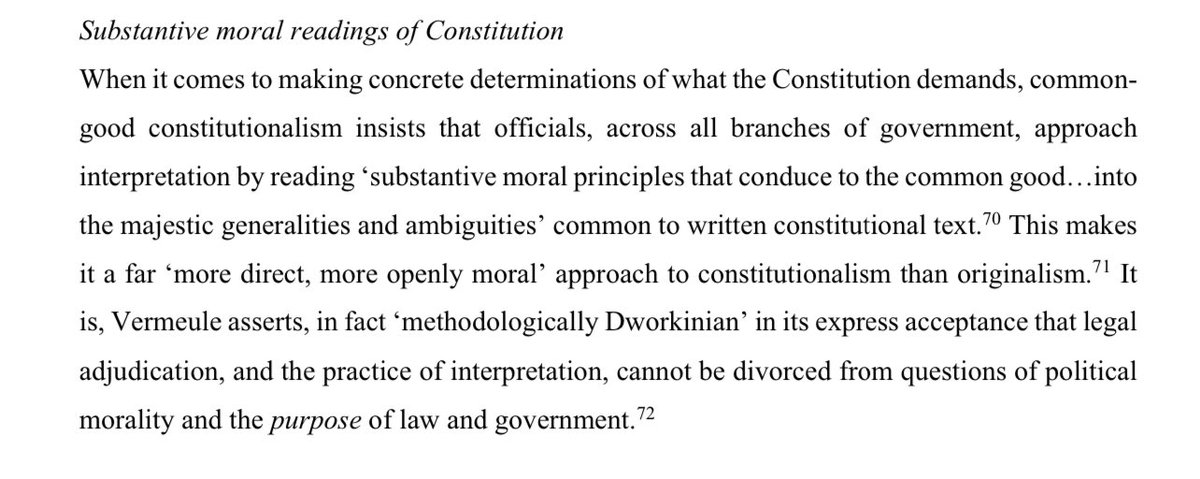You might think about the Roman Empire everyday like a normal person but Gavin “thinks about [climate change] everyday.” He’s very very into this & he wants you to be too. “We can’t not talk about it.” 

“Christians should care about environmentalism issues like climate change.”
“Christians should especially care [about climate change],” compared to others people. The Christian worldview is “naturally inclin[ed]” to it.
“Christians should especially care [about climate change],” compared to others people. The Christian worldview is “naturally inclin[ed]” to it.
“The basic principle of love our neighbor” compels us to care. Gavin is “deeply burdened” people don’t care. And if they don’t it’s probably a political-cultural reason because the “evidence” for it is “impressive.”
The point is that Gavin has a position. He’s convinced of it and he’s trying to convince others. Most of the video is him trying to accomplish that: carbon emissions, rising sea levels, 50 million yr old temp markers at the North Pole, etc. pretty boring.
That’s fine. I am 0% interested in this issue but it’s fine if Gavin is.
That’s fine. I am 0% interested in this issue but it’s fine if Gavin is.
We evaluate rhetoric not simply on the literal words in abstract, but the other implicit aspects of good communication. His obfuscation on this (in his defense vid) is weird. Gavin has a message. What is it?
You *should* care abt climate change *as a Christian.*
That’s a moral claim. He’s not impressed by the “skeptics.” He is impressed by the IPCC & the “scientific consensus” (whatever that is) he’s “deeply concerned” about “anti-science” mentality in evangelicalism
That’s a moral claim. He’s not impressed by the “skeptics.” He is impressed by the IPCC & the “scientific consensus” (whatever that is) he’s “deeply concerned” about “anti-science” mentality in evangelicalism
What’s the message? You’re a tinfoil hat wearing idiot if you don’t believe in climate change. You’re politically motivated, derelict in your duty to environmental stewardship, & probably contributing to polarization. Gavin doesn’t say any of that literally but that’s the message.
He does, in fact, advocate limiting consumption, clean energy, and other unspecified govt action as part of the “all of the above approach” toward “progress” on this issue. He says climate change could be a source of “unity.”
All @megbasham does in the book is describe Gavin’s position in less extreme terms than i just did. She even goes out of her way to say she’s not singling him out.
The thesis of her book is 1) big name pastors are trying to convince you of a certain position on contested policy issues associated w/ the left
Why?
2) big name pastors are being influenced by outside forces, wittingly or unwittingly. In some cases, they are caught up in the incentive structures & pathologies of predominate culture. In others, they’re more directly influenced.
Why?
2) big name pastors are being influenced by outside forces, wittingly or unwittingly. In some cases, they are caught up in the incentive structures & pathologies of predominate culture. In others, they’re more directly influenced.
Basham doesn’t say which applies to Gavin. She doesn’t call him a Soros stooge or whatever. He’s just a tiny example in a bigger story. Why so sensitive? 

Again, there’s no factual inaccuracies re Gavin. He just doesn’t like the characterization of his position. That’s fine. But it’s not an inaccuracy. It’s not slander, etc etc.
• • •
Missing some Tweet in this thread? You can try to
force a refresh













